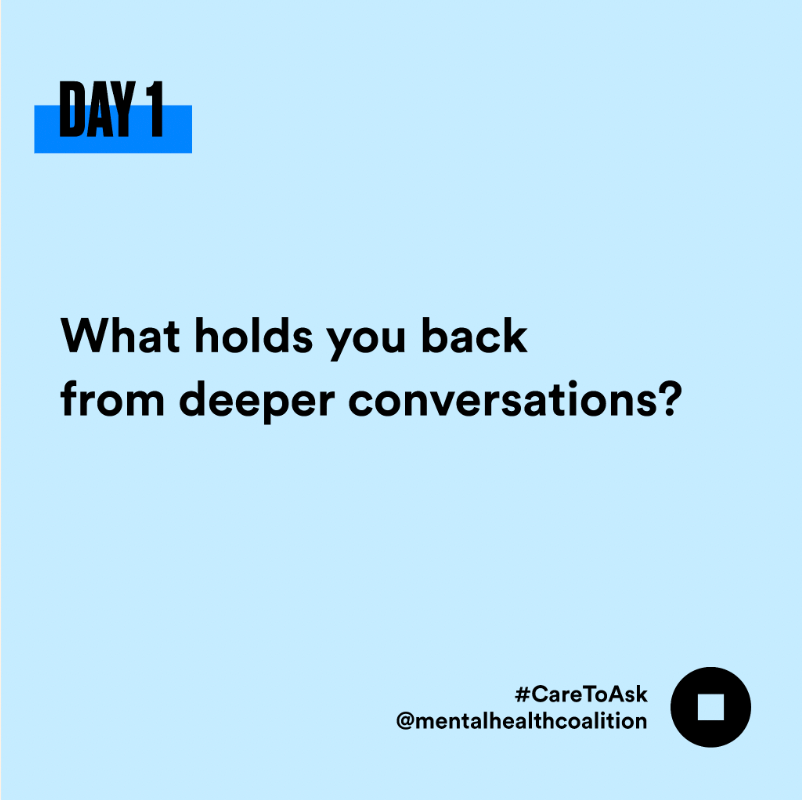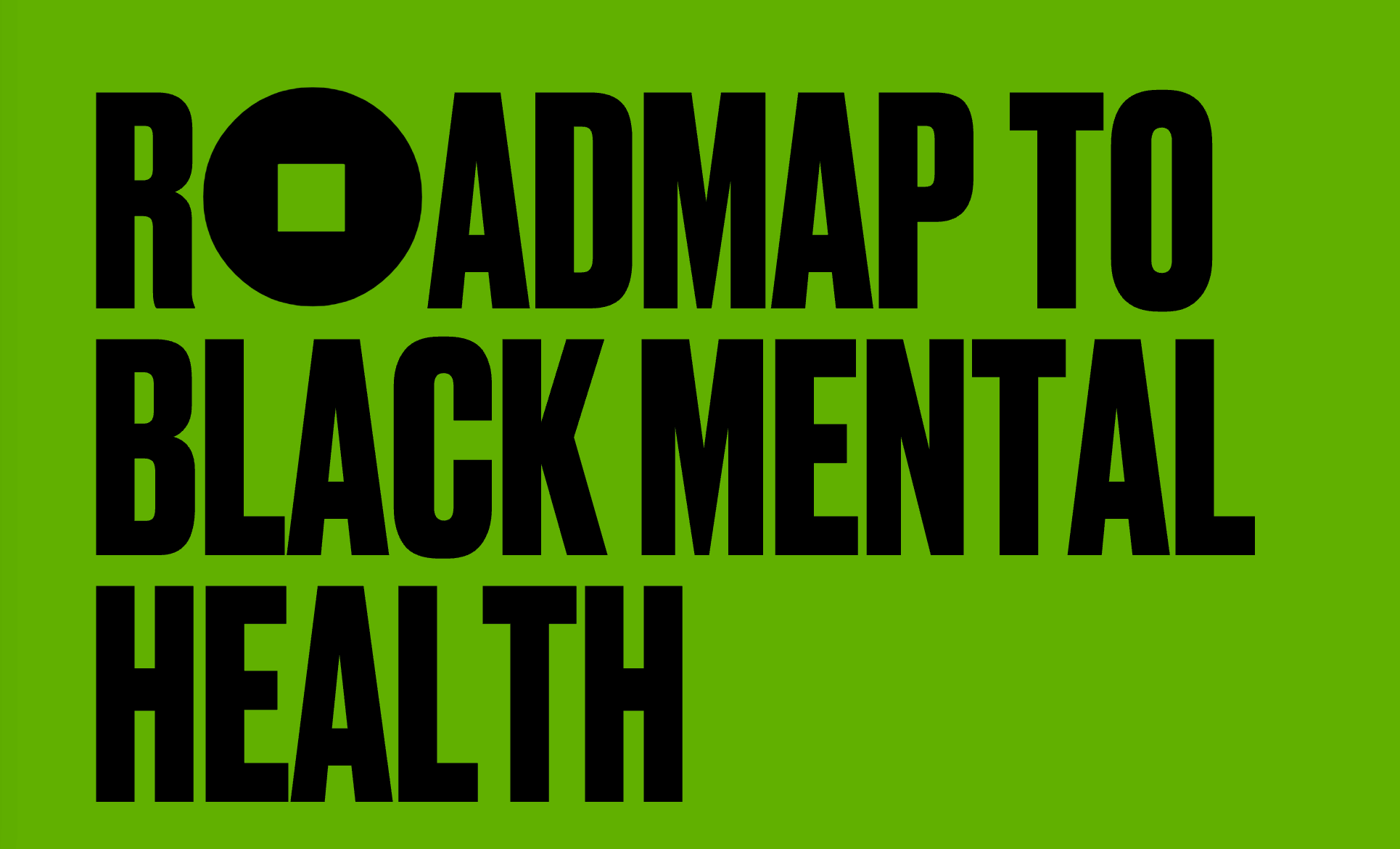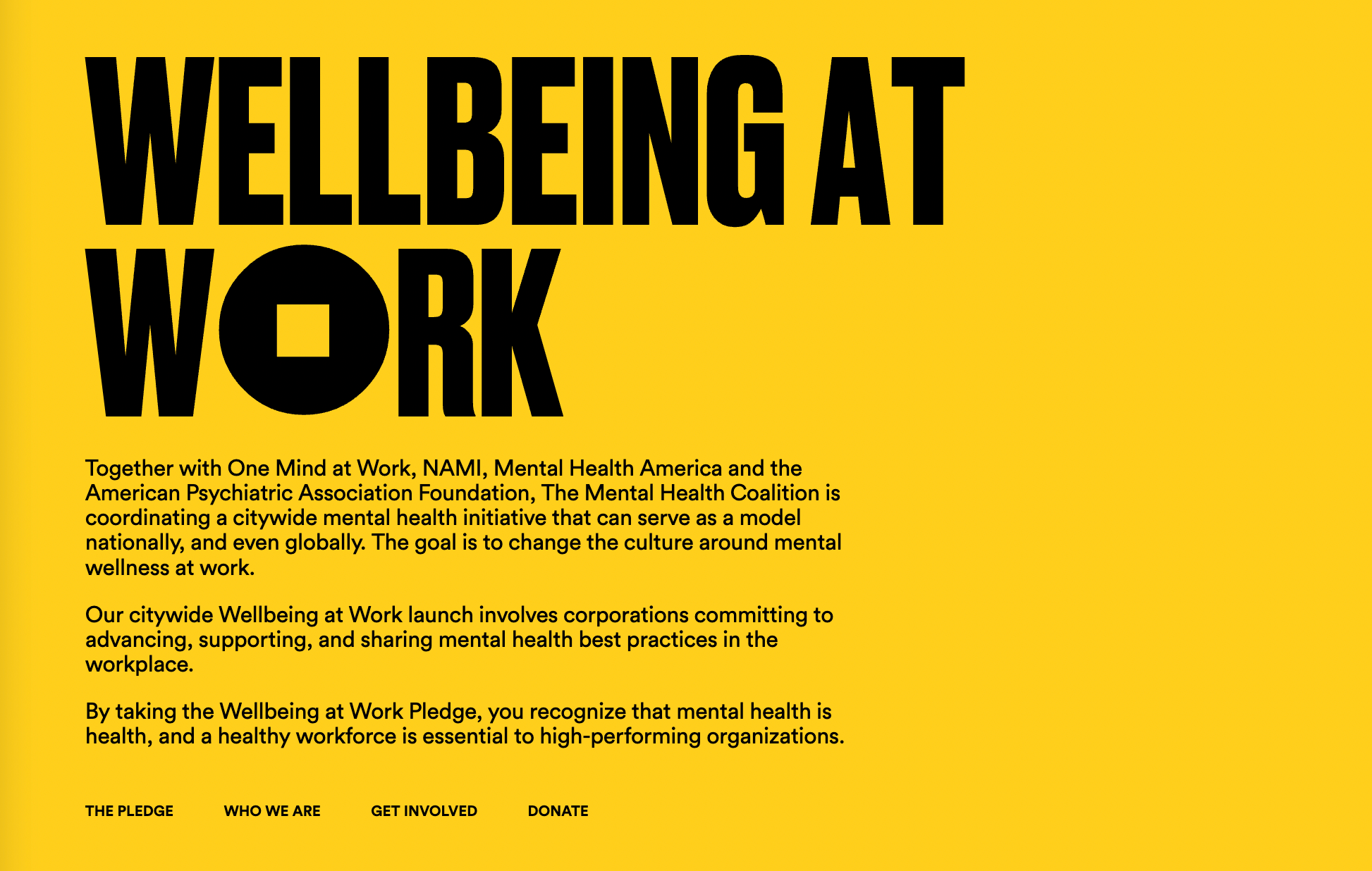
How to Support & Advocate for Middle Eastern and North African (MENA) Mental Health
It’s BIPOC Mental Health Awareness Month, so throughout the next few weeks we’re going to shine a spotlight on how to advocate for healing and social justice for specific communities of color. Learn more about BIPOC mental health and view all of our BIPOC community guides here.
Here we have some tips for folks from the Middle Eastern and North African (MENA) community to care for their mental health. For non-MENA individuals, we have tips on increasing awareness and becoming an effective ally.
Learn About… Racism Toward the MENA Community in U.S. History
Before and especially since the attacks of 9/11, MENA communities have been deeply and disproportionately affected by discrimination, violence, travel bans, heightened surveillance, and harassment that can negatively impact mental wellbeing. (MHA)
The U.S. Census Bureau categorizes MENA people as “white.” However, the majority of people with MENA origins do not see themselves as white. Without a racial classification for MENA Americans by the U.S. Census Bureau, the population’s mental health goes largely unstudied and unrecognized. (APA) This can also lead to disparities in healthcare, education, employment, and other opportunities supported by federal resources that are determined by racial-ethnic status.
Understand… How Anti-MENA Violence Impacts Mental Health
The active oppression of MENA people has a significant impact on mental health, often resulting in feelings of defeat, disempowerment, trauma, and social exclusion. (MHA)
Because the U.S. has a systemic history of hostility toward Middle Eastern Americans, MENA folks are more likely to value and seek out the counsel of family over mental health professionals for mental health concerns (Michigan Medicine). This might look like reconnecting with something larger than oneself, reading poetry, engaging in mindfulness or prayer, or seeking advice from family, religious leaders, or mentors in your community.
Tips for MENA people to protect their mental health against systemic stress:
- Give yourself permission to experience the emotions that racism and injustice evoke in you. All feelings are acceptable and a natural part of being human.
- Do not let social constructs define your experiences. Not having a category on the U.S. Census does not mean your experiences are invalid or lesser than anyone else’s. In fact, not having a category underscores discrimination in the form of invisibility.
- Remember that the system does not get to determine your worth, dignity, and humanity. Never forget that you matter and you are allowed to take up space in the world.
- Whilst many MENA communities experience high stigma toward mental health treatment, remember that services are available, confidential, and effective – and will often attempt to educate family members that what is happening to you is real and needs attention.
- Remember that religious and cultural practices are not contradictory to receiving mental health treatment. Many MENA religious teachings support the notions of caring for one another and seeking guidance. It is also believed that the first psychiatric hospitals were built in Cairo and Baghdad during the 8th century.
- Seek solace from members of your community. Encourage one another to have candid conversations around experiences of discrimination so you and others know that these situations are not unique.
- Seek the wisdom of your ancestors and knowledge of your elders. They have engaged in centuries of rituals and practices to protect their mental health and preserve their wellbeing.
Include… MENA Data in Research
To remedy the historical neglect of MENA populations in research, those conducting studies can take the following steps which would in turn provide data to support the wellbeing of MENA individuals: (AMENA Psychological Association)
- Include MENA in your research and have students/colleagues include a MENA demographic category in their work, thesis, dissertation research, etc.
- Advocate for MENA inclusion in professional spaces, including their recruitment and promotion in academia and government
- Read and share work by MENA professionals
- Share and integrate MENA research and information into the curriculum and teaching
- Lobby to NIH and other federal research agencies to encourage grantees to include MENA in their analyses when disaggregating data by race
Redefine… Productivity & Prioritize Self-Care and Avenues of Joy
The concept of individual “self-care” can be foreign to some MENA communities since continual self-sacrifice for a family or community is deeply inherent to the culture and lifestyle of many collectivist communities. Here are some ways to reframe productivity and self-care for yourself and others: (Hoda Katebi)
- If catching up with a friend is taking longer than expected, rather than getting anxious, view it as productive: you’re building a relationship, and that is valuable.
- Skip that email and take a minute to make homemade food — an activity that will help you get everything else checked off your list, too.
- Be gentle in your to-do lists, and add important things that allow you to re-charge and slow your pace, like “read something that will help you learn more about challenging anti-Muslim policies” or “call your mother,” and cross them off as productive.
- Set compassionate boundaries with friends or family who seek your help in navigating life’s challenges. Let them know that you are a supportive person in their life, but encourage them to work on maintaining their own wellness too. (APA)
- Acknowledge MENA’s collective culture, but learn to accept yourself before seeking the approval and acceptance of parents, family, and peers.
- Watch videos that evoke pride in MENA’s rich history, beauty, and contributions to culture and civilization.
- Share this in your community: when everyone around you views productivity as check-ins with people they love, you immediately feel more supported and motivated. (CTL)
Share Resources & Take Action
- Inclusive Therapists: Find a Therapist
- Wilson Center: Demystifying Mental Health in MENA with Psychotherapist Tala Al …
- AMENA Psychological Association: About Us- Amenapsy
- Arab-American Family Support Center (NYC)
- Biopsychosocial Perspectives on Arab Americans: Culture, Development, and Health
- Handbook of Arab American Psychology
- Yalla! Let’s Talk
- Give An Hour: 5 Signs of Emotional Suffering in Arabic
Guide created by MHC’s Research Team: Khyia Ward, Anna-Marie Fennell, Dr. Naomi Torres-Mackie
Guide reviewed by Dr. Michael Awad


